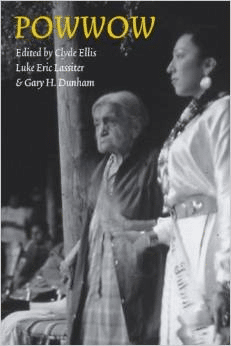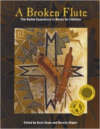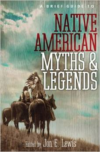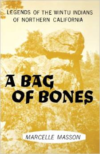Description
This anthology examines the origins, meanings, and enduring power of the powwow. Held on and off reservations, in rural and urban settings, powwows are an important vehicle for Native peoples to gather regularly. Although sometimes a paradoxical combination of both tribal and intertribal identities, they are a medium by which many groups maintain important practices. Powwow begins with an exploration of the history and significance of powwows, ranging from the Hochunk dances of the early twentieth century to present-day Southern Cheyenne gatherings to the contemporary powwow circuit of the northern plains. Contributors discuss the powwow’s performative and cultural dimensions, including emcees, song and dance, the expression of traditional values, and the Powwow Princess. The final section examines how powwow practices have been appropriated and transformed by Natives and non-Natives during the past few decades. Of special note is the use of powwows by Native communities in the eastern United States, by Germans, by gay and lesbian Natives, and by New Agers. Clyde Ellis is an associate professor of history at Elon University. He is the author of To Change Them Forever: Indian Education at the Rainy Mountain Boarding School, 1893-1920, and A Dancing People: Powwow Culture on the Southern Plains. Luke Eric Lassiter is an associate professor of anthropology at Ball State University. He is the author of The Power of Kiowa Song: A Collaborative Ethnography and coauthor (with Clyde Ellis and Ralph Kotay) of The Jesus Road: Kiowas, Christianity, and Indian Hymns (Nebraska 2002). Gary H. Dunham is the director of the University of Nebraska Press.






Reviews
There are no reviews yet.